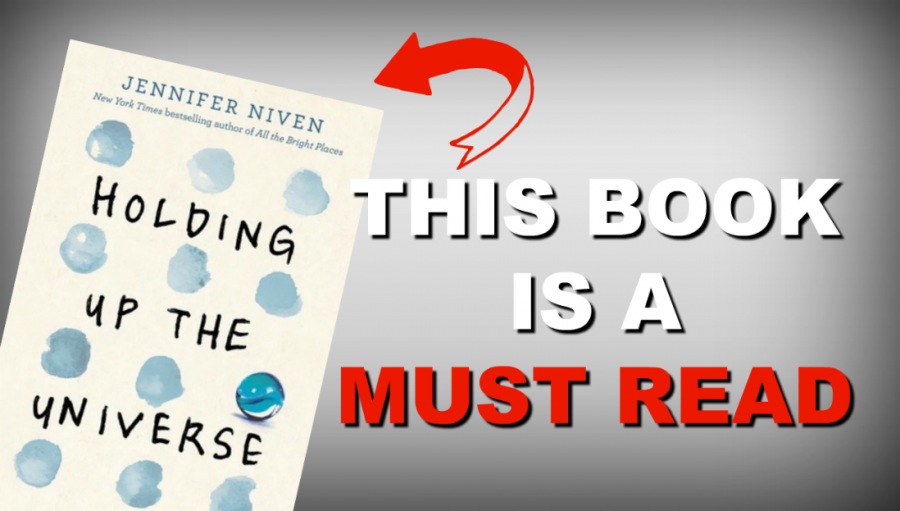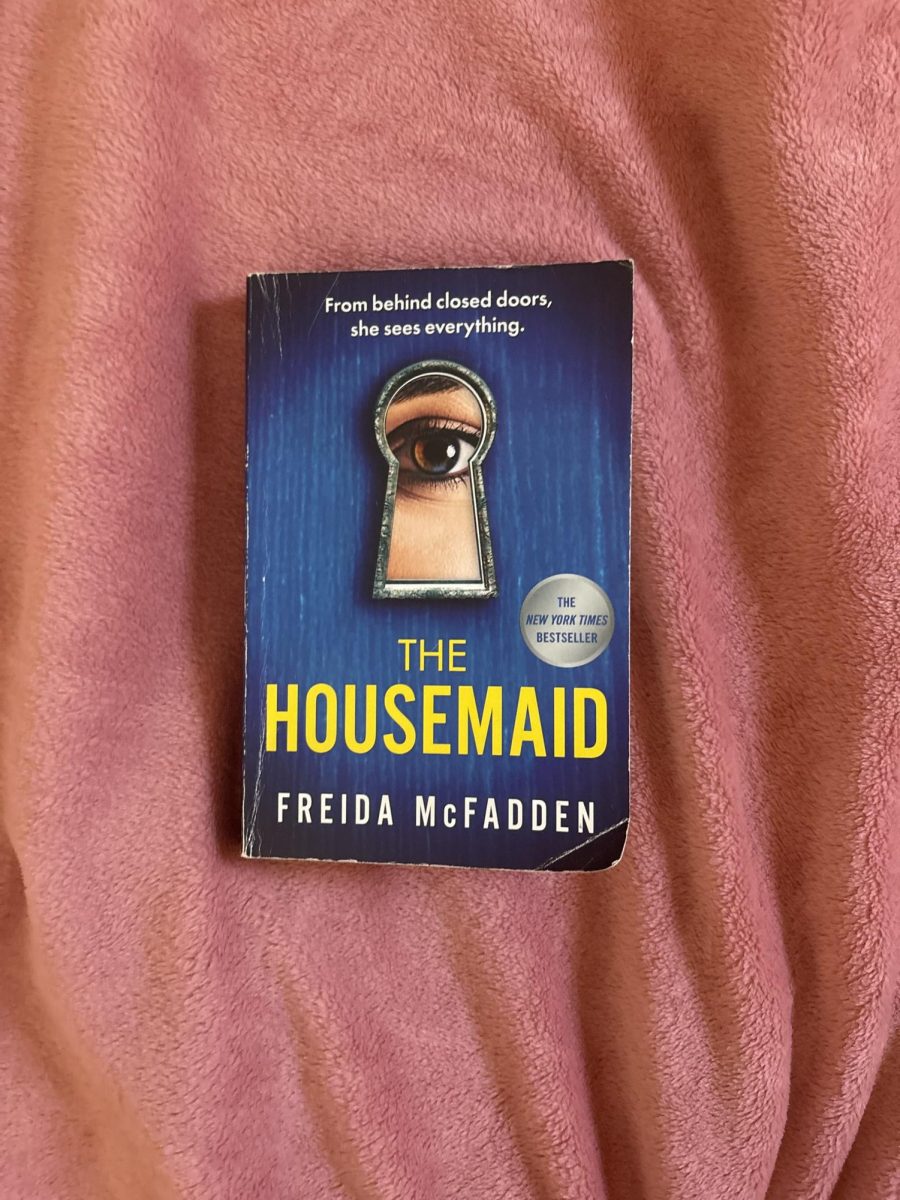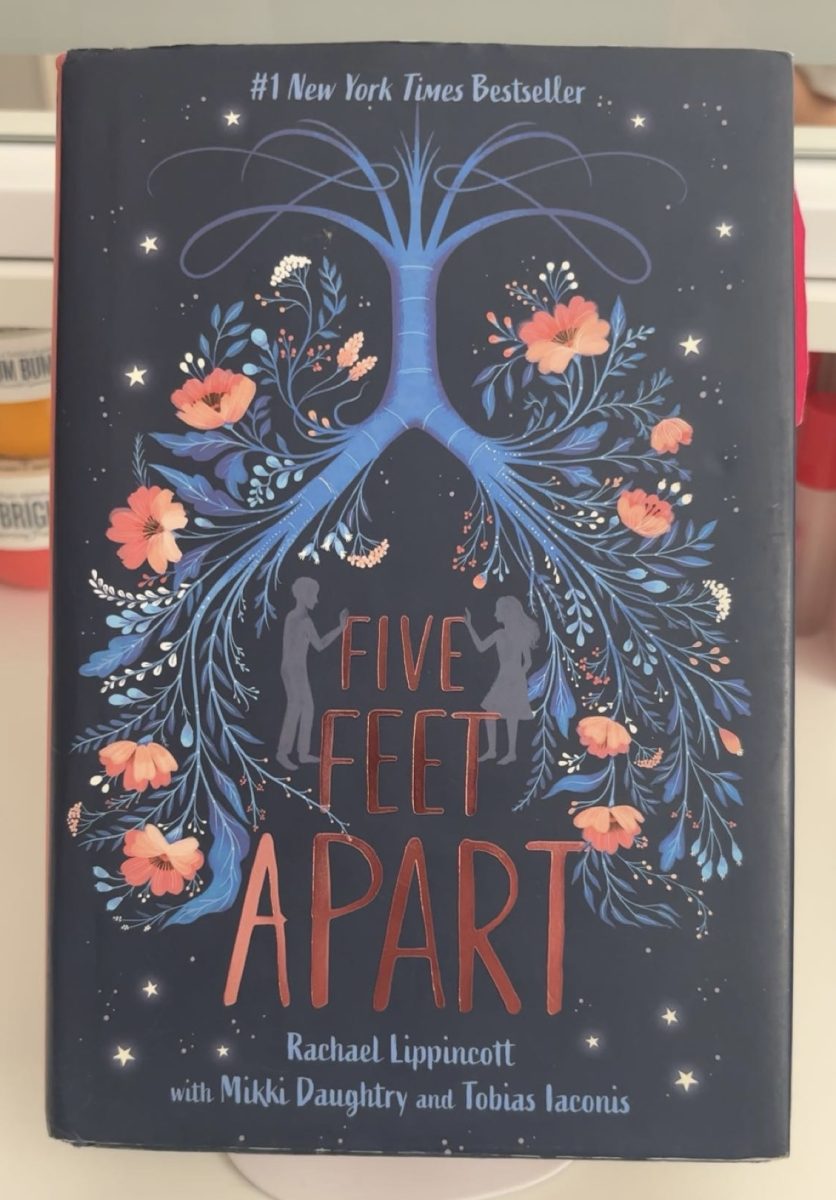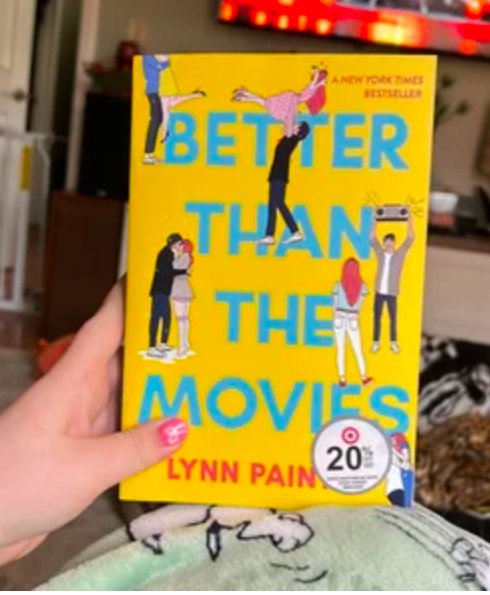Jennifer Niven, a New York Times bestselling author and blog creator, writes a book about self-love, and the importance of friendship. Holding Up The Universe is about finding yourself, as well as breaking the silence on the impact of mental health disorders.
Libby Strout, once the fattest teen in America, gets all the attention. But for all the wrong reasons. Upon returning to school, everyone thinks they know Libby. They think they know the girl that was once freed from her room by a wrecking ball. Despite losing weight and making a few friends, acceptance doesn’t come easy. In addition to self-acceptance, Libby takes on the challenge of making the school dance team. In an effort to prevent people from writing about her in the bathroom stall, she writes about herself. For Libby, life comes hard after the loss of her mother.
Jack Masselin, everyone’s best friend, except no one is his. His life is unexplainable, from being popular to dancing in a restaurant. All while his life is exciting, he has a downside. A condition called Prosopagnosia, the inability to recognize faces, finds ways to interrupt his life. His group of friends create a game called fat girl rodeo. The concept of the game is easy, grab any girl that isn’t stick thin, and hold on for as long as you can. When Jack ends up in the office trying to explain himself, he simply can’t. Although he leaves a letter in Libby’s backpack explaining his disorder and his apology.
While this book has many great aspects, it lacks a certain reality. Jack is a character that is popular and easily persuadable by his friends, which makes his relationship with Libby unbelievable. If his friends are so inclusive in his life, I do not believe he would consider dating Libby in fear of his friend’s rejection. Jack’s parents are not inclusive in his life enough to see his mental health being affected daily. They do not ask him enough about what is going on, and why he does what he does to Libby.
Libby, while her anxiousness and insecurity is rational and understandable, her father is not. He does not in any way enforce Libby to confront her fears or move on from the past. Another issue I’ve come across is the fact that Libby doesn’t try to change her negative opinions about herself. She writes about herself on the bathroom stalls so that no one else can. She tries hard to make the dance squad, but when she doesn’t she crumbles.
Overall, this book is one of my favorites. Although it is fictional, the characters in some senses are relatable to some teens. I appreciate the fact that this book speaks about mental health and the importance of getting help. Niven successfully displays the anxiety that comes with school and the need for self-confidence. I would give this book a rating of 5 out of 5, and I recommend it to anyone who searches for a sense of belonging.












